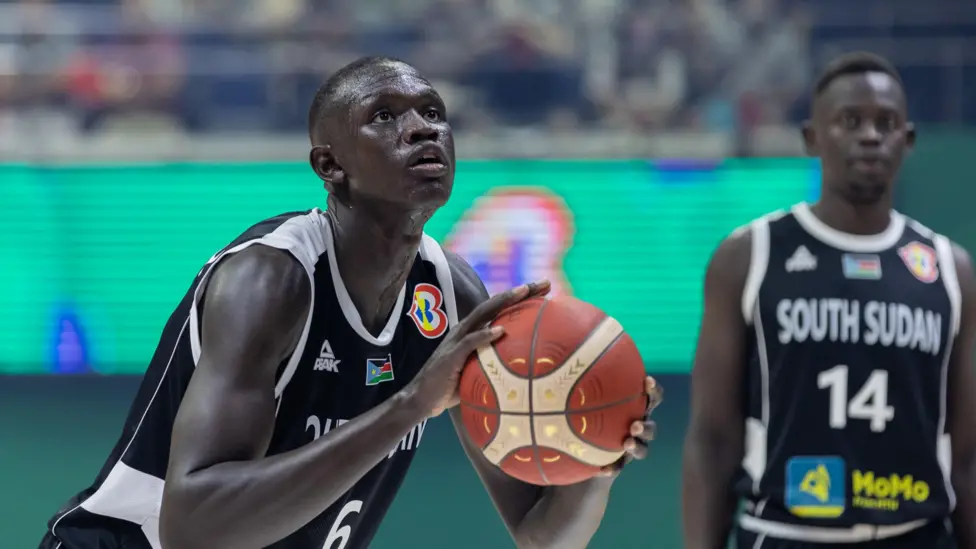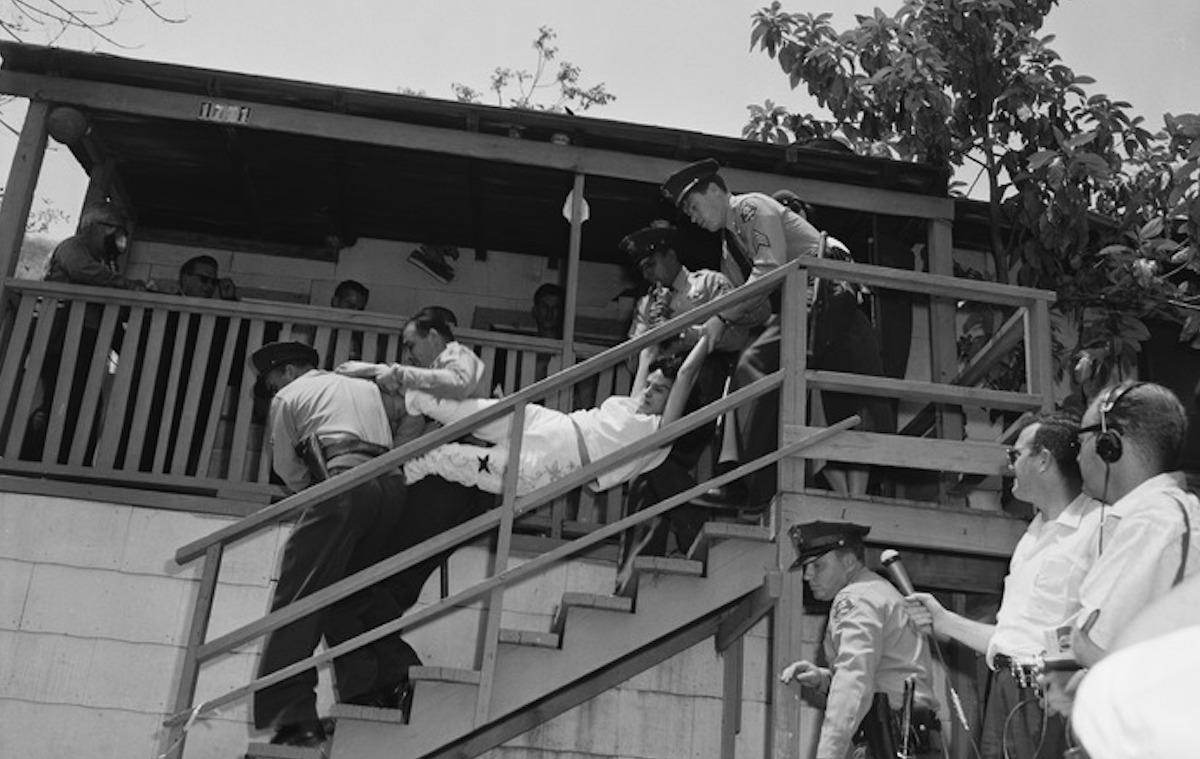
President Donald Trump’s racism has for years found itself a home opining about events in the playing fields, arenas and rings of the sporting world. In this era of NIL, Trump’s brand is white supremacy and it is as commercialized as the athletes he frequently rails against.
Trump has had back-and-forths with Black and Brown athletes for years (usually accompanied by players declining to come to the White House for championship celebrations).
But the Trump-fueled deputization of ICE as the modern-day Gestapo has taken the demonization of people of color to new lows. Sadly, it is beginning to permeate even the world of sport, a venue theoretically meant to transcend race, culture and background.
Trump’s quest to make America unwelcoming and spread fear through immigrant communities now knows no bounds.
On July 3, ICE arrested Mexican boxer Julio Cesar Chavez Jr., the son of a legendary former boxing champion, and himself a former middleweight boxing champion.
Chavez was arrested for overstaying his visa and allegedly lying on a green card application. Chavez also had an active arrest warrant in Mexico for alleged trafficking of firearms, ammunition and explosives.
Chavez being in the United States was no secret. He was arrested mere days after losing a celebrity boxing bout against Jake Paul, the leadup to which was national news. The fight itself was watched by more than 60 million people.
Chavez has been deemed an “egregious public safety threat” by ICE yet still was allowed into the United States for the fight against Paul, an ardent Trump supporter.
U.S. authorities believe Chavez is a member of the Sinaloa drug cartel, an entity that President Trump has named as a terror organization.
Chavez indeed applied for U.S. citizenship in 2024 based on his marriage to Frida Munoz, who was formerly involved with the deceased son of Joaquin “El Chapo” Guzman, who headed the Sinaloa cartel.
Regardless of whatever issues Chavez may have had in Mexico, the idea that a well-known athlete can be arrested and deported in the literal midst of athletic competition is scary.
During the NBA draft, Duke star Khamen Maluach faced some uncertainty about his ability to travel for NBA games and attend the draft. Maluach is from South Sudan, one of the countries on Trump’s baddie list.
Maluach came initially to the U.S. on an F-1 student visa but needed a P1-A visa to participate in the NBA. The Trump administration has revoked visas for South Sudanese people.
Maluach is currently the only NBA player from a banned travel country but, as Trump presumably expands his efforts to keep America racially pure, more athletes from other countries may face similar fears, particularly as we get closer to the 2028 summer Olympics.
Los Angeles will be the site of the 2028 summer games and is already a hotbed for immigration enforcement controversy.
Last month, the L.A. Dodgers denied immigration enforcement agents access to their home stadium area. The Dodgers claimed ICE was attempting to infiltrate the stadium, a claim the Department of Homeland Security denies.
Local Los Angeles activists trailed ICE agents to the parking lot of the Dodgers’ stadium following the arrest of a person at a nearby Home Depot. One of the activists knew some of the ICE agents, who told them they sometimes conduct investigative business in the Dodgers’ parking lot because it presents a large and out of the way staging area.
Major Los Angeles franchises have been largely silent on the issue of immigration raids and the protests that have riveted the city for more than a month. This despite an assortment of foreign-born players permeating the rosters of major L.A. sports teams, and all of the L.A. teams – mostly the Lakers, Chargers, Angels, Rams, Clippers, Dodgers- having a high concentration of Brown-skinned fans.
The Dodgers, in particular, are an iconic franchise in Latino communities.
The Dodgers’ stadium stands on the site of Chavez Ravine, a Mexican-American community essentially consisting of three villages: La Loma, Palo Verde and Bishop. At one point, it was home to approximately 1,800 predominantly Mexican families but in the early 1950s was targeted for destruction through eminent domain.
L.A.’s city housing inspector, Frank Wilkinson, had promised the families their beloved community would basically be razed and redeveloped into affordable, modern housing and that the families would have the inside track on choosing homes there.
But the Dodgers were moving from Brooklyn to Los Angeles and had no intention of letting a tight-knit Brown community stand in the way. They used red scare tactics to neutralize Wilkinson, accusing him of being a communist.
They demolished the villages, forcibly carrying some residents kicking and screaming from their homes, and built a major league baseball stadium on the spaces where generations of Mexican-American kids ran and played.
That backstory was part of a big push by Los Angeles activists this spring and summer to pressure the Dodgers specifically to publicly stand up to ICE’s antics. The team has spoken out and has contributed $1 million to help families impacted by ICE.
But, by and large, opposition to Trump’s gestapo tactics through ICE has gone quietly into the night.
In 2017, Trump said it would be great for NFL owners to “get that son of a bitch off the field,” referring to Colin Kaepernick and other Black players kneeling during the national anthem.
These days, Trump doesn’t just want them off the field. He wants them out of his white country.
Like the Dodgers, everyone must now ask themselves if they’ll simply keep their head down and watch it happen, or take a public stand that generations to come can be proud of.




